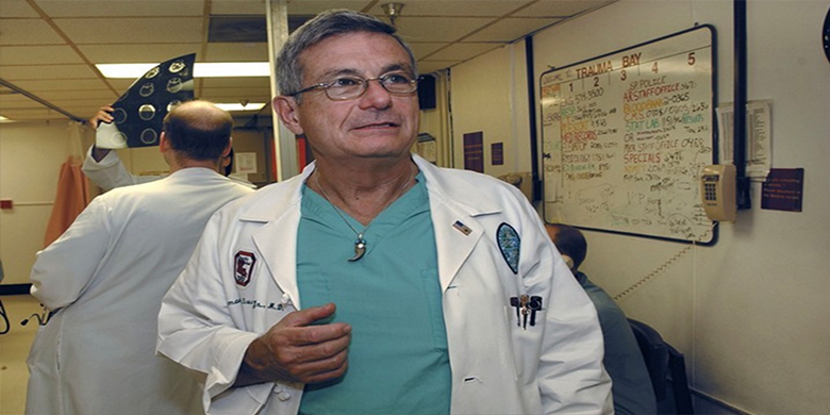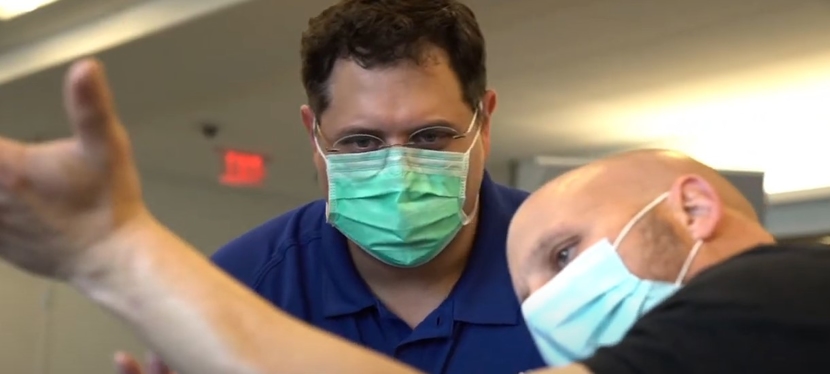Why a men’s health screening should be on your to-do list
- Category: General Health, Men's Health
- Posted On:

At this point in life, you probably have a good understanding about the importance of maintenance on any number of things—your car, the lawnmower, and your house’s HVAC system to name a few. It’s time to add yourself to the list with a men’s health screening. Keep reading to learn why you should schedule routine maintenance for your body, too.
The importance of regular checkups
Having a University Medical Center New Orleans primary care provider (PCP)—and being seen for checkups regularly—can help you keep a close eye on your health so you know what needs to be addressed. After all, you want your body to keep running at its best for years to come, right?
Visiting your PCP when you’re feeling well can help keep you healthier in the long run, allowing your physician to spot potential problems early, when they’re more easily treated. Annual physical exams are covered free of cost by many insurance plans, so that’s one less thing to worry about.
What to expect from a Men’s health screening
When you visit your PCP for an annual checkup, you’ll have your height, weight and blood pressure checked. Your provider will also look at your ears and throat and listen to your lungs as you breathe. If you’re experiencing any specific health issues, like a persistently sore ankle, for example, your PCP will also take a closer look at the area of concern.
Once the physical exam is done, you’ll have an opportunity to chat with your provider about what’s going on with your health. This is your chance to talk through anything and everything related to how you’re feeling on a regular basis, both physically and mentally. You should also keep your provider informed about your family history and any changes to your lifestyle or habits.
Your annual checkup also provides your PCP with an opportunity to order or recommend screening tests based on your risk factors and your age. Many tests, like cholesterol screening or a glucose test, are simple blood tests that can easily be performed in the office.
It’s important to have basic measures of your heart health (and overall health) checked regularly, looking for high blood pressure, high cholesterol and Type 2 diabetes, among other conditions. Starting at age 35, these tests are typically recommended regularly in conjunction with your checkup.
Other tests may be recommended based on your age:
- Men should be screened for colon cancer beginning at age 45 for those at average risk, using a colonoscopy or other tests.
- Men at average risk should talk with their providers beginning at age 50 about the benefits of undergoing prostate-specific antigen (PSA) screening. African American men and others at increased risk may want to consider screening at an earlier age.
- Men who ever smoked and who are between the ages of 65 and 75 should be screened for abdominal aortic aneurysm using an ultrasound.
- Men who are between the ages of 50 and 80, who currently smoke or have quit in the past 15 years, and who have a 20 pack-year smoking history should be screened for lung cancer using low-dose CT scans.
Your provider will also ask you questions as part of an anxiety screening and may ask whether you’d like to be screened for sexually transmitted infections.
Be honest and transparent during your checkup. Providing your PCP with a full scope vision of your health can help ensure you have the tools and resources you need to stay in good health for years to come.
Are you past due for a checkup? Schedule an appointment with a primary care provider at University Medical Center New Orleans today!


